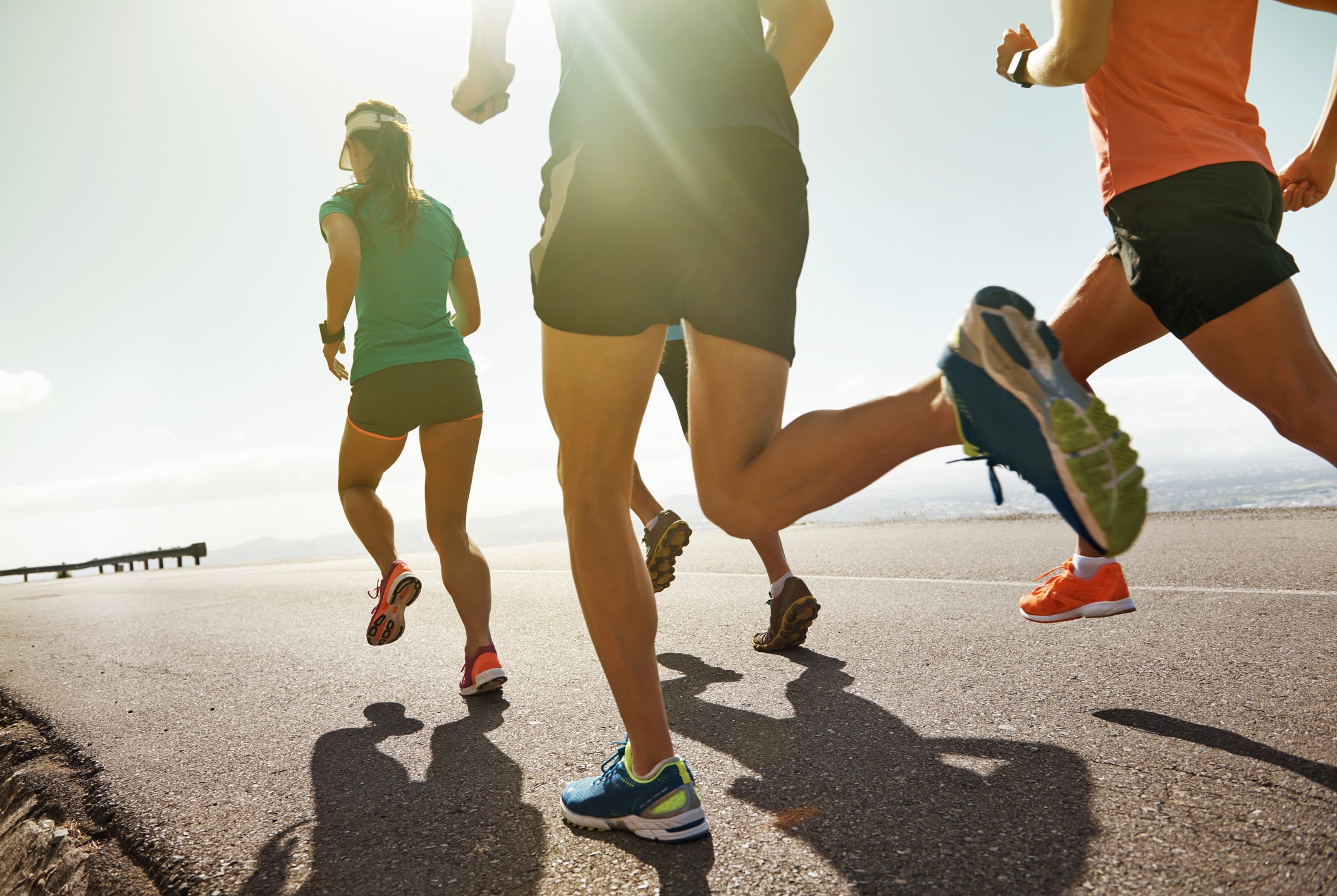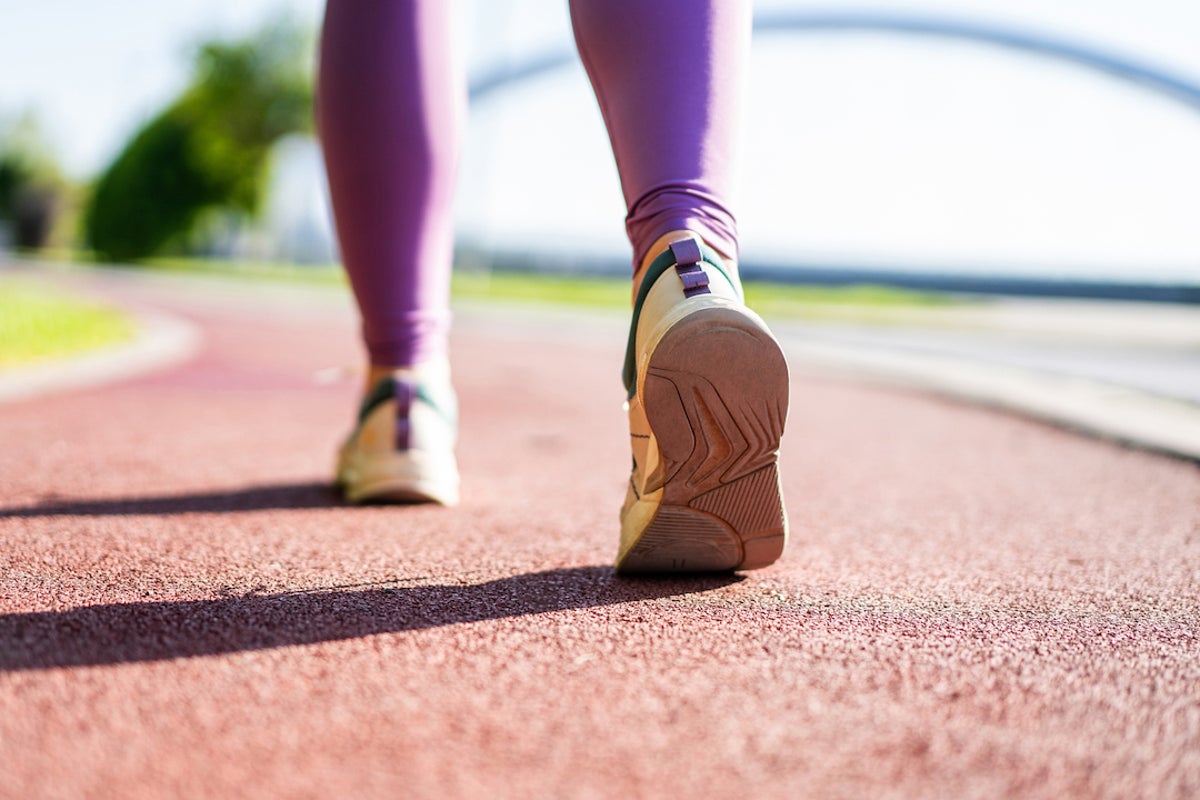Addiction is a widespread health issue that will affect about one in five Canadians over their lifetimes. For example, addiction to opioids has led to opioid and overdose crises in many cities, which has brought the social question of addiction to the forefront.
Treating addiction can be challenging because different approaches work for different people. Some provinces are considering forced treatments, doubling down on approaches that have shown limited success.
As social work researchers in addiction and sport, we believe it is time to consider alternative approaches.
On the surface, overcoming addiction may appear as simple as choosing not to sip, smoke or snort a substance. However, it is more complex than that. Addiction is a relationship with a substance. Seen this way, recovery can be understood as a process of learning to move forward from the relationship, which requires living differently without it.
Research suggests exercise might help with recovery from addiction. It is a substance-free pleasure that might boost mood and help alleviate cravings and mental health symptoms, which could protect against relapse. Even though there are running groups for people in recovery, particularly in the United States, most research has been done on treadmills in clinics during addiction treatment. This leaves many questions about how people use running in their recovery processes over time, who benefits, and why.

We adopted a research approach that we hoped would provide context. We wanted to understand how running helped people make the transition from using drugs or alcohol to a life without them. For example:
- How did running experiences build up over time to the point where these came to replace drugs or alcohol?
- How did sensations experienced by the person (heartbeat, breathing) and the environment (city noises, nature sounds) shape the relationship to running and to the body?
- What was the importance of community, gear, goals, and races?
We ran with 11 people who had lived with addiction and had used running in their recovery, talking to them about their experiences. Participants were adults in their mid-30s to mid-50s, who self-identified as having been addicted to a substance and had been engaged in a recovery process for three or more years. Most identified alcohol as their main substance.
We conducted two running interviews with each person, in and around Metropolitan Vancouver, in places where they regularly ran.
Non-linear process
The results show that lives organized around drugs or alcohol were slowly organized by running.
At first, most participants were motivated by weight-loss goals, not recovery. They continued taking substances while they trained for races, sometimes having a quick drink before setting out on a long run.
As goals were met, runs became longer and faster. New challenges motivated structured training, better nutrition and sleep, and substance use slowly faded as life became increasingly organized around running.
Many policies and programs aim for abstinence, and it is not unusual for people to be kicked out of treatment because they relapsed, which is a known symptom of addiction. In running, participants found a way to ease into change, finding hope in glimpses of the life it offered. Their processes suggest abstinence was not necessary for running to have psychosocial benefits.
Community
Addiction often strains relationships with friends and family, so it can be a lonely experience. This is compounded by the stigma of addiction, which can make it difficult to access treatment. Alone with your thoughts, it is hard to imagine another life is possible. This is another complication of addiction. Soothing loneliness is an important part of recovery, but being with others can be very vulnerable when someone feels fragile.
In this study, the malleability of running was important. Since it can be practised alone or in groups, participants could pace their involvement with the run community. Through light conversations about running shoes, participants experimented and practised at building new friendships.

These discussions and relationships deepened over time through longer and longer runs. Most participants had become active members of the run community, participating not only in group training, but also taking on roles in race operations, volunteering and coaching.
Run groups are widely available and open to anyone with the will to run. Perhaps most importantly, they do not carry the stigma of addiction, but rather the social values associated with discipline and hard work.
Childhood sport
Interestingly, all participants had childhood experiences of sport that had been interrupted during adolescence or young adulthood.
Being in a state of addiction meant the participants’ physical sensations of their own bodies were preoccupied with the presence or absence of the substance. At times though, participants recalled the joy of movement that they had previously known and were motivated to find it again. This suggests that running may be a particularly effective intervention for those with childhood experiences of sport.
For participants of our study, recovery started from the body. The organizational structure that running provided, complete with tangible goals and a community to support their achievements, made it possible for participants to envision a new life before they chose to change their use of substances.
Running instilled within them hope for a better life, which they embraced with a resounding enthusiasm that echoed the cheers at the finish line.
Stephanie Bogue Kerr is an Adjunct Professor, L’Université d’Ottawa/University of Ottawa.
Nicolas Moreau is a Professeur titulaire/Full Professor, L’Université d’Ottawa/University of Ottawa.
This article is republished from The Conversation under a Creative Commons license. Read the original article.



